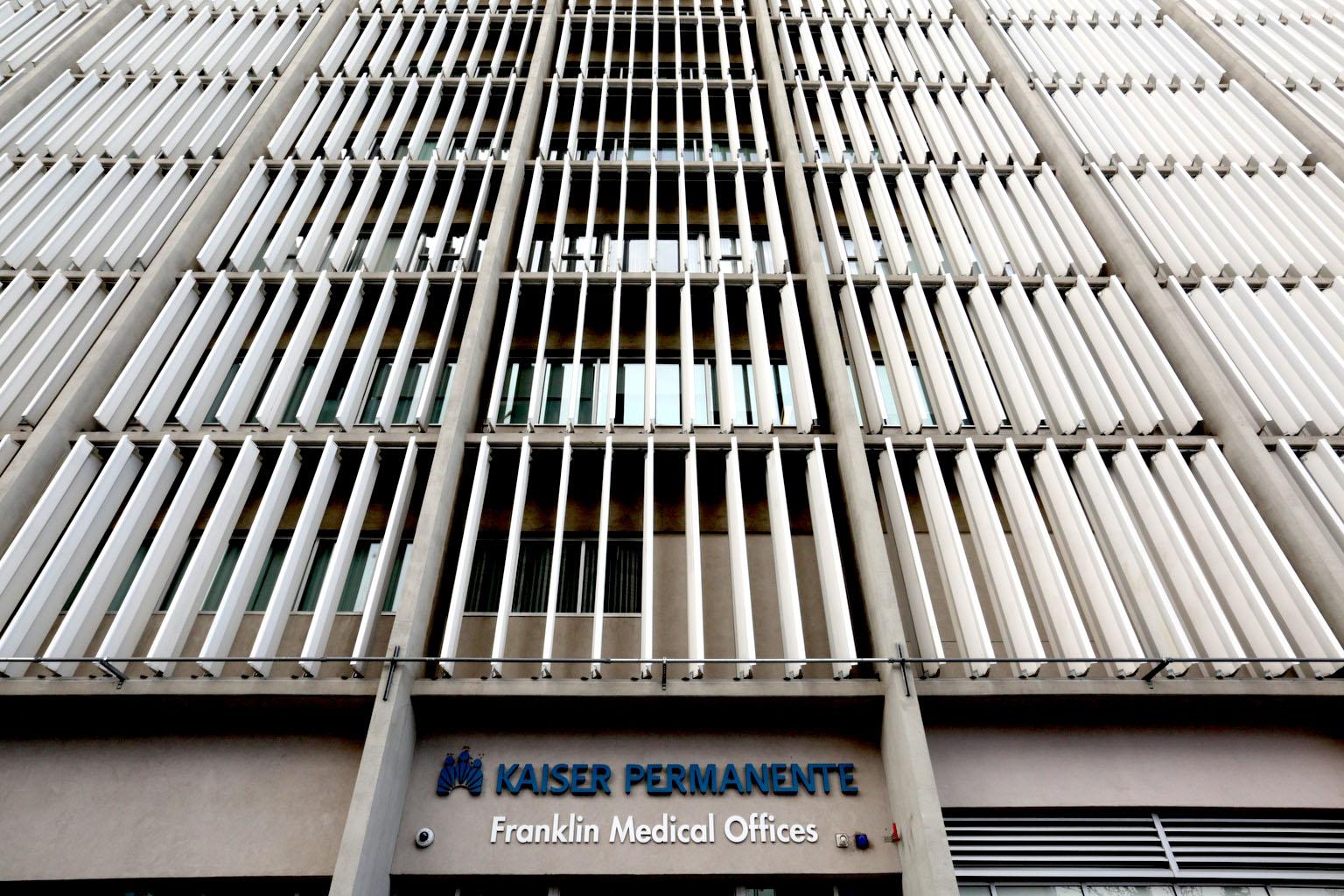
Kaiser Permanente workers say understaffed clinics they work at are unsafe and are compromising patient care. The workers are highlighting what they call insufficient staffing levels amid contract negotiations with the health care giant.
Workers recently gathered for an informational picket at a Kaiser facility in Aurora as part of a multistate effort to draw attention to short staffing. An informational picket isn’t the same as a strike, and Kaiser facilities are operating normally.
Workers want to “bring public awareness to what they are fighting for,” said Stephanie Felix-Sowy, president of Service Employees International Union Local 105. “It’s very important to educate and bring awareness to the public throughout the process.”
The union contract with Kaiser expires on September 30th.
The union representing the workers says the understaffing is also leading to long wait times, mistaken diagnoses and patient neglect.
As part of the ongoing bargaining sessions, Kaiser and the union set a joint goal of hiring 10,000 additional people in 2023. Kaiser officials say they have already hired 6,500 of that number. The workers would like to see concrete proposals on how to reach that goal, said Felix-Sowy, such as pay raises and investment in training and education, she said.
“I would say we have yet to agree on any specifics,” Felix-Sowy said.
About 75 percent of Kaiser employees are represented by unions, the company said in an emailed statement. Roughly 88,000 employees nationwide are covered by the current contract negotiations.
“We are confident we will be able to reach an agreement,” the Kaiser statement said. “We have been and will continue to address the real issues that are affecting health care and our employees. On the heels of the global pandemic and given today’s economy, these challenges include inflation and rising costs to deliver health care, increasing competition from nontraditional businesses, labor shortages, supply chain disruptions, and increases in the demand for access to health care.”
Editor's note: This post has been updated to clarify some Kaiser employment figures.







